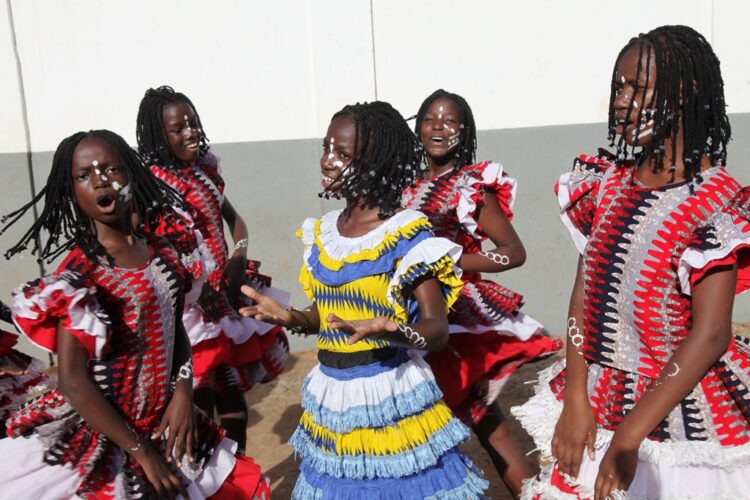Inside Malala’s Echoes of War: The Butere Girls’ Controversial Performance.
Cleophas Malala, the former UDA Secretary General, sparked a nationwide debate with the provocative play Echoes of War. The potential staging of this play by the students of Butere Girls High School set off a series of events, including Malala’s arrest and a protest by the drama team, who refused to perform the play until their director was released.
A Glimpse into the Play’s Themes and Setting
The play revolves around a fictional society, the Royal Velvet Emirates, and delves into the growing rift between two generations. One generation clings to traditional values, while the other demands change, driven by innovation and technology.
The central theme of Echoes of War is the widening gap between the old and young, illustrating the struggles faced by a society on the brink of collapse. Though fictional, the play resonates with real-world issues, especially those experienced in Kenya’s political and social spheres.
The Plot and Central Characters
The protagonist of the play is Mustafa, a forward-thinking IT student who creates a telemedicine app. Initially lauded by the ruling Sultan for his innovation, Mustafa’s situation changes drastically when his social media posts criticizing the regime come to light.
Despite his earlier success, Mustafa is swiftly condemned and ordered for execution by the Sultan.
Supporting Mustafa is his mother, who plays the role of a concerned and supportive parent, continuously advocating for her son’s rights, particularly his freedom of expression.
On the other side stands Sultan, the antagonist, who represents the conservative forces of the society. Fearing youthful dissent, Sultan’s fear leads him to make the extreme decision of executing Mustafa, which sparks a fierce digital resistance.
The Resistance: A Digital Uprising
The figurehead of the youth-led resistance is Anifa Imana, who embodies artificial intelligence in the play. Anifa leads the charge to save Mustafa, using social media to manipulate public opinion, spread fake documents, and mobilize mass protests. She represents the power of technology and the youth’s drive to challenge the established order.
Among the characters supporting Mustafa is a police officer, Hanifa’s father, who undergoes a personal transformation. Initially wary of Mustafa, he changes his stance after facing the harsh realities of Sultan’s regime. His resignation from the police force marks a pivotal moment in the narrative.
Core Themes of the Play
Echoes of War explores a range of significant themes, such as intergenerational conflict, the clash between tradition and innovation, and the profound impact of social media on public opinion. The play also touches on concepts of justice, mercy, and the possibility of reconciliation. These themes come together to create a narrative that encourages reflection on the societal divides between the younger and older generations.
Controversial Elements of the Play
The play’s controversial nature is not only driven by its bold themes but also by some of the provocative dialogue. For instance, Anifa, one of the characters, remarks that while others were engaged in violent acts, Mustafa was engaged in a different kind of war, one centered on ideas rather than destruction.
Another poignant moment in the play is when a character declares that the generational conflict is not just a fight against authority figures, but also a war against older generations that cling to outdated norms and practices.
The quote highlights the tension between the youth, who feel misunderstood and suppressed, and the older generation, which perceives them as rebellious and disconnected from tradition.
Read Also: Butere Girls High School: Rachel Ruto and Other Notable Kenyans Who Studied at the National School
The Resolution: A Call for Peace
The play concludes with a powerful resolution, where the two opposing groups—youth and the older generation—finally come to terms with their differences. They recognize that their ongoing conflict will only harm the society they share.
Sultan, the ruler of the Royal Velvet Emirates, declares peace and an end to the generational war, marking a moment of reconciliation and the rejection of continued violence.
The play ends on a hopeful note as Sultan vows that the nation will no longer be driven by the destructive Echoes of War, symbolizing the potential for harmony and understanding between the generations.
Inside Malala’s Echoes of War: The Butere Girls’ Controversial Performance



Discussion about this post